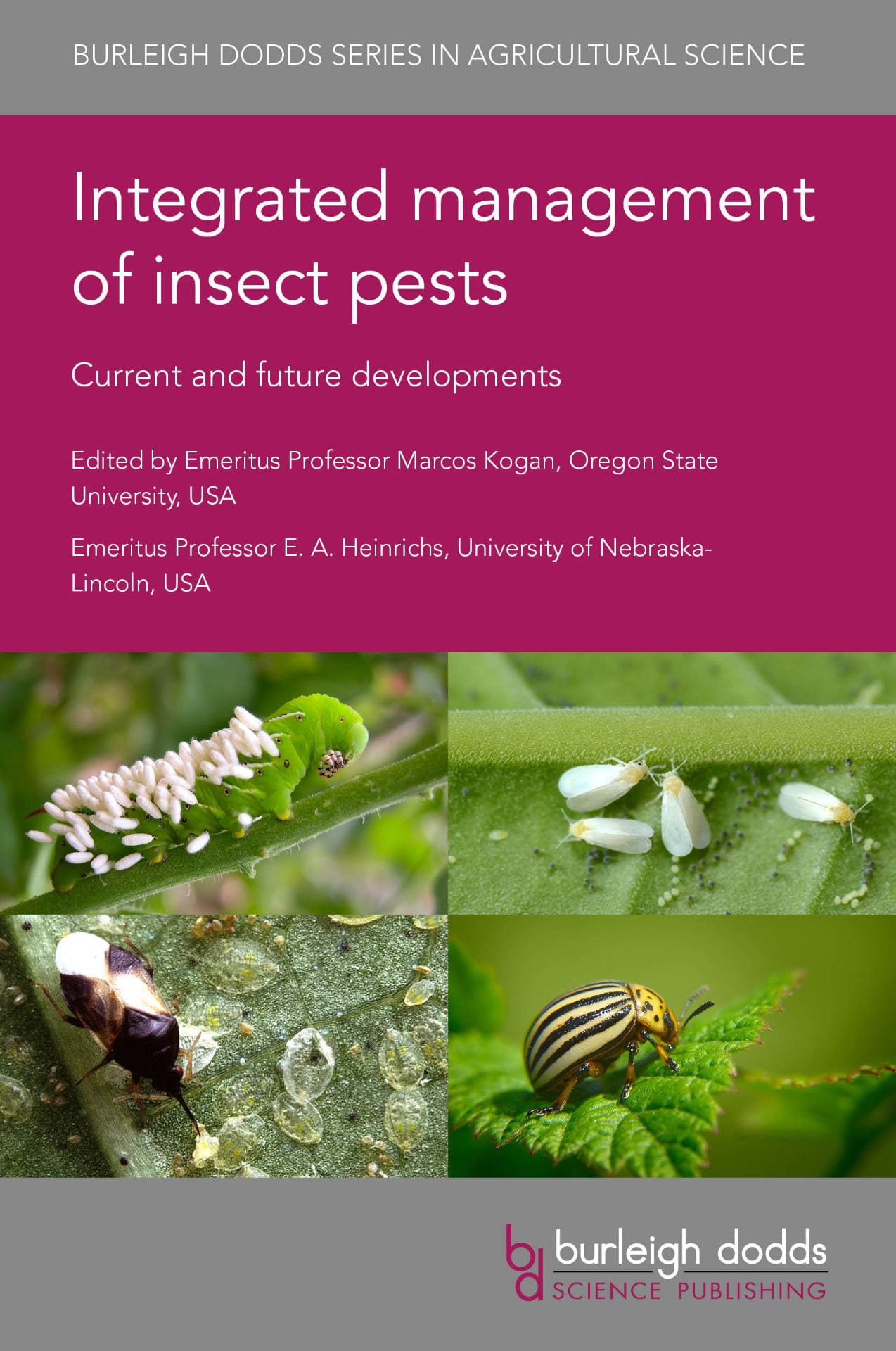
New publication: Ecological impacts of pesticides and their mitigation within IPM systems
Pest control is recognised as an important part of crop production. Against a background of increasing concern for chemical impacts on the environment, Integrated Pest Management programs have been developed where chemical application and natural enemy enhancement work together to maintain productivity with reduced environmental impact. Such programs require good science, general theory and strong linkages between science and management. In an invaluable reference for the IPM community PEARG’s own Linda Thomson and Ary Hoffmann join an international pool of experts with a chapter “Ecological impacts of pesticides and their mitigation within IPM systems” included in the recently published volume “Integrated Management of Insect Pests: Current and Future Developments (ed Marcos Kogan and Elvis Heinrichs).
Edited by pioneers in IPM techniques, and including contributions from eminent experts in the field, this reference aims not only for the IPM research community, including crop scientists and entomologists, but also for companies involved in pesticide use and development and crop pest management as well as government agencies monitoring and regulating pest management in agriculture.
Blurb: “Summaries of current developments in integrated pest management (IPM), focussing on insect pests, are provided. Chapters discuss advances in understanding species and landscape ecology on which IPM is founded. The book reviews advances in cultural, physical and, in particular, biological methods of control. Topics include developments in classical, conservation and augmentative biological control as well as the use of entomopathogenic fungi, viruses, nematodes and semiochemicals. The final parts of the book summarise current research on monitoring pesticide use as well as emerging classes of biopesticides.”